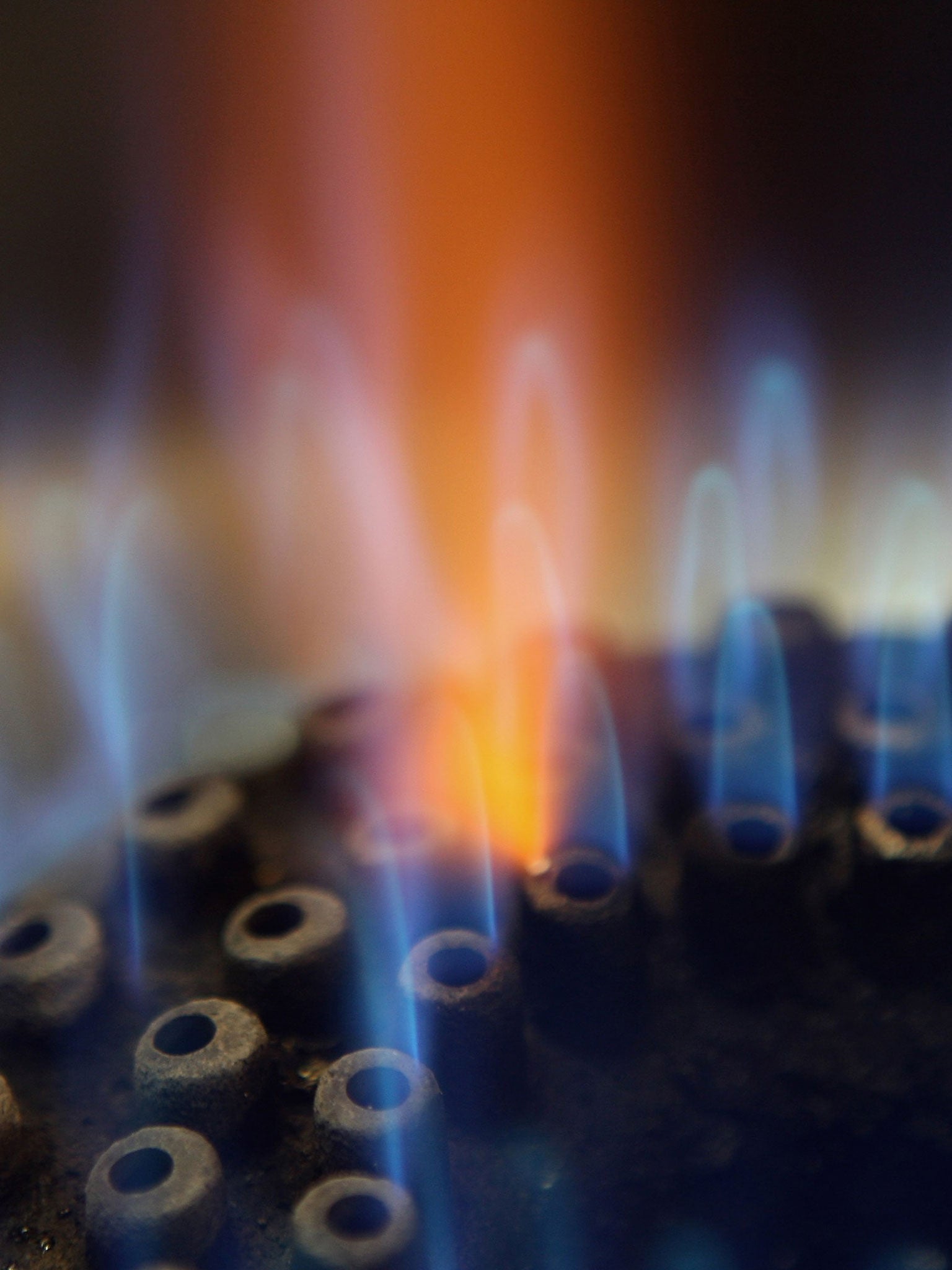Energy firms to be forced to keep large gas reserves under new proposals
Amendment to Energy Bill suggested amid growing concerns over energy shortages

Your support helps us to tell the story
From reproductive rights to climate change to Big Tech, The Independent is on the ground when the story is developing. Whether it's investigating the financials of Elon Musk's pro-Trump PAC or producing our latest documentary, 'The A Word', which shines a light on the American women fighting for reproductive rights, we know how important it is to parse out the facts from the messaging.
At such a critical moment in US history, we need reporters on the ground. Your donation allows us to keep sending journalists to speak to both sides of the story.
The Independent is trusted by Americans across the entire political spectrum. And unlike many other quality news outlets, we choose not to lock Americans out of our reporting and analysis with paywalls. We believe quality journalism should be available to everyone, paid for by those who can afford it.
Your support makes all the difference.Large energy firms could be forced to hold a minimum level of gas in storage, amid growing concerns about shortages linked to the prolonged period of cold weather.
Just days after analysts raised the prospect of gas rationing, ministers are considering inserting a “security of supply” amendment to the Energy Bill. The government is understood to be considering a proposal by Ofgem, the regulator, that would oblige suppliers to keep stocks above a specified level to ensure recent supply scares are not repeated.
“The Government is considering whether intervention in the market in needed to encourage additional gas storage build,” said a spokesman for the Department of Energy & Climate Change.
Because of its historic reliance on the North Sea’s now diminished gas supply, the UK has a much lower level of storage capacity than many other countries. Britain has the ability to store just 20 days supply of gas, compared to 103 days in France, 92 days in Germany and 70 days in Italy.
With North Sea reserves now producing less than 40 per cent of UK demand, the country is buying far more of its gas on the volatile “spot” market. This means Britain is paying far more for its gas by buying at the last minute, than if it had bought the gas earlier at a lower price and stored it in a tank until it was needed.
Andrew Hammond, of the energy consultancy Utilyx, said the UK needed to “at least” double its gas storage capacity – implying at least another 20 days of reserves.
Ann Robinson, director of consumer policy at uSwitch, the energy consultant, said: “We need more storage to stabilise the price we pay for gas and we must get on with this. We’re going to need a range of measures... including tax breaks and streamlining of planning permission.”
The UK’s biggest storage capacity by far, the disused Rough North Sea field off the Yorkshire coast, can hold about 15 days of supply. Analysts said a storage facility of this size would cost about £2bn, implying a cost of about £2.6bn for an extra 20 days supply, the minimum experts believe is needed.
Join our commenting forum
Join thought-provoking conversations, follow other Independent readers and see their replies
Comments